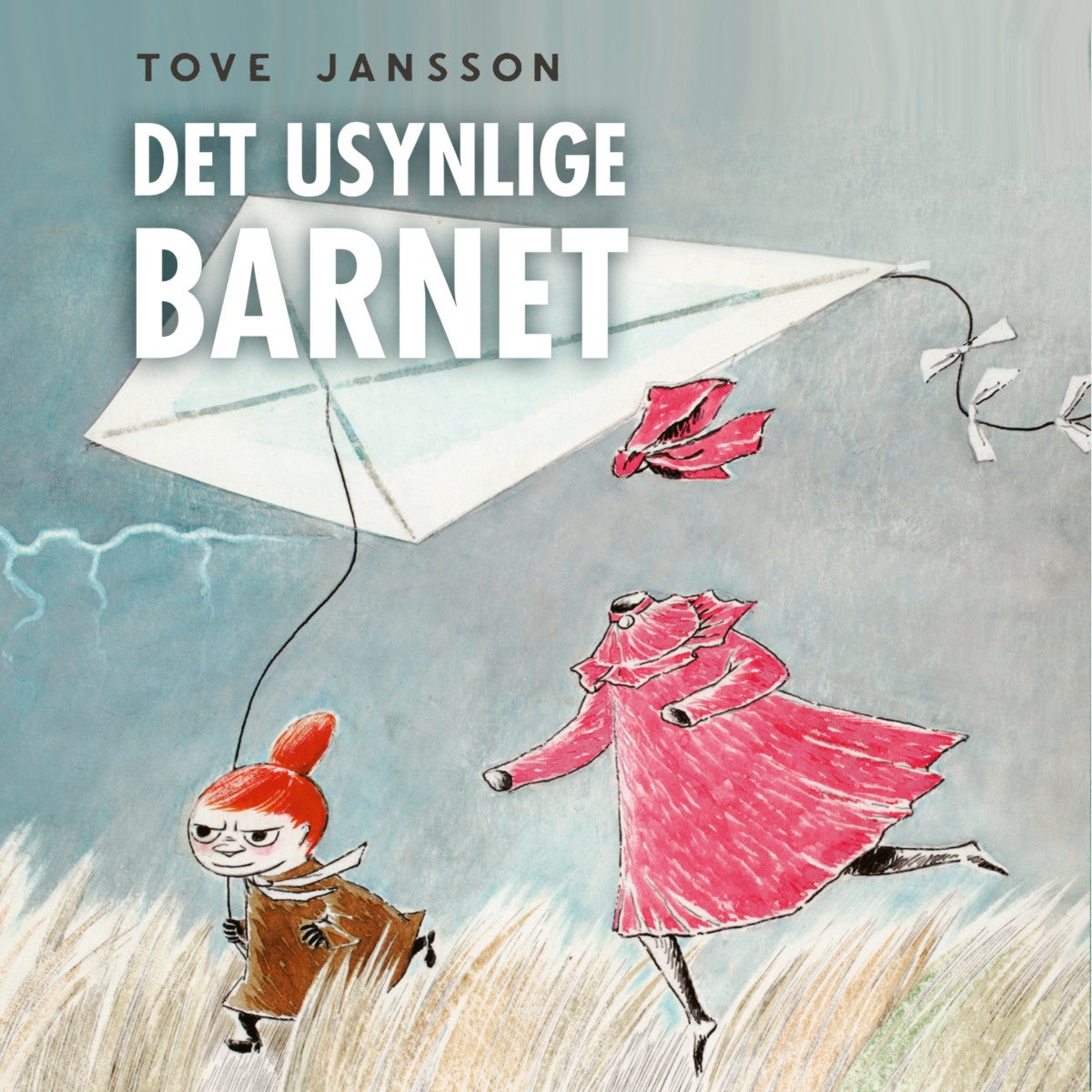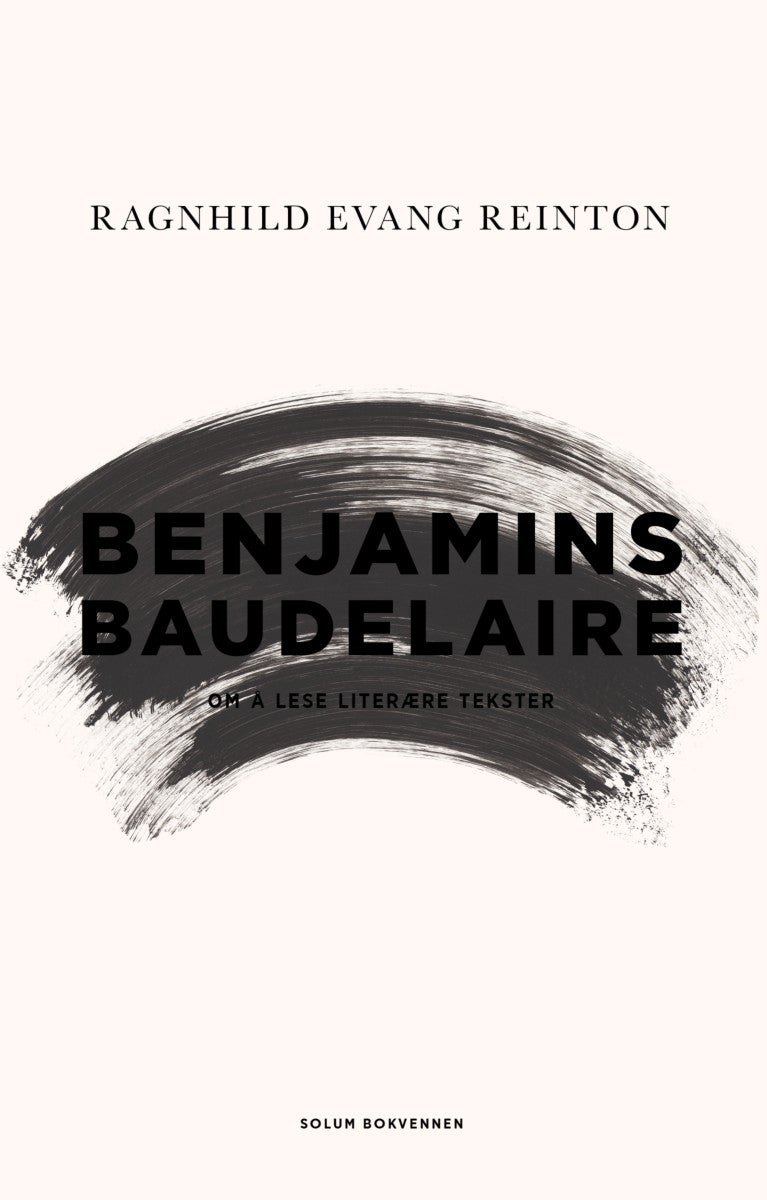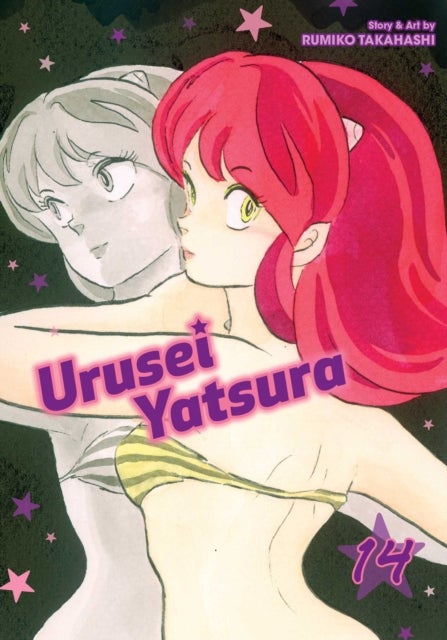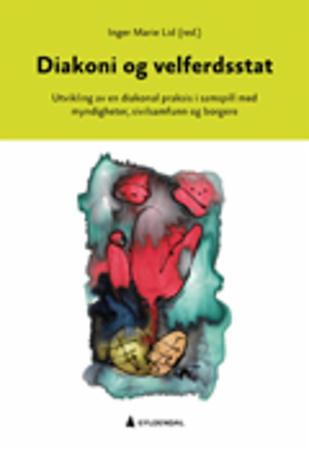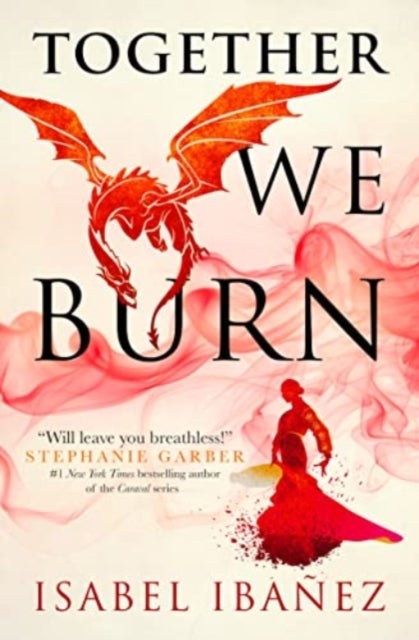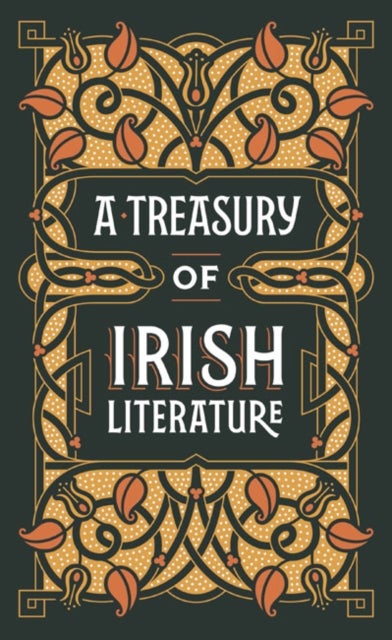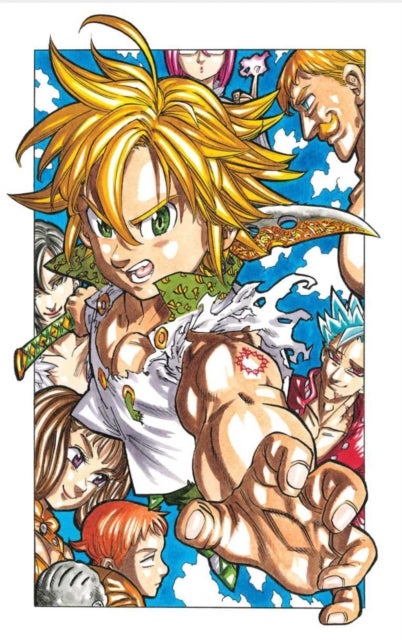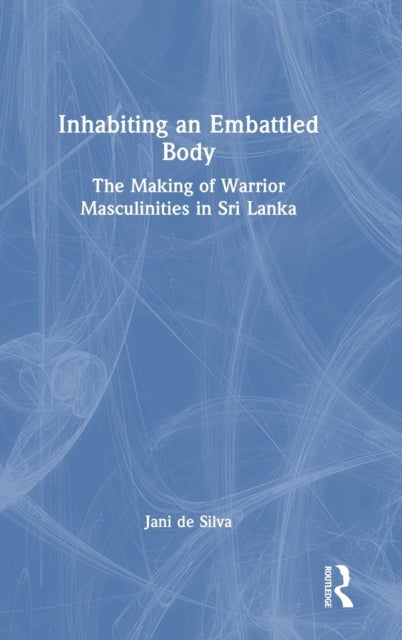
Inhabiting an Embattled Body av Jani de Silva
1629,-
<P>This book offers an anthropological account of Sri Lanka¿s Eelam Wars III and IV. It is based on the life-narratives of ex-servicemen who fought on the frontlines. The volume approaches militarism as a practice of masculinity. It explores the sense of embattlement that young recruits feel, which stems from the inner war between notions of bodily deference instilled in childhood and having to conduct offensives on the battlefield. Thus though they wish to move smoothly into the assault techniques learnt in combat-training, they sometimes find their bodies are acting-out a different trajectory; engaging in acts of spectacular violence or simply running away. It traverses themes such as masculinity and Sinhala society, British martial masculinity vs the composed body in Sinhala discourse, combat-training and the battlefield. The author traces the ways in which troops tried to negotiate the thin line between valour and violence in a context in which the enemy¿s suicide fighters engaged

